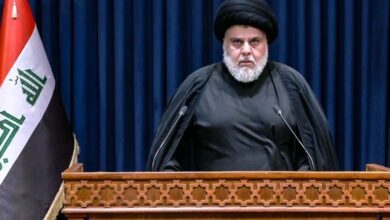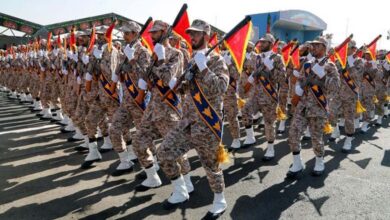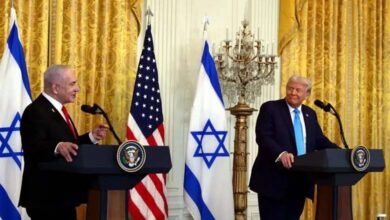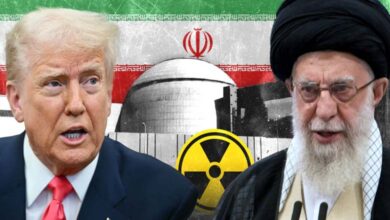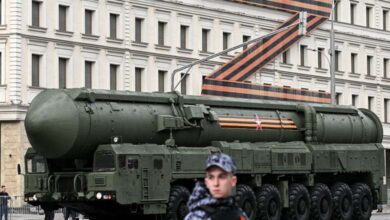Turkish mediation between rival camps to facilitate elections… handover of power and stop the recruitment
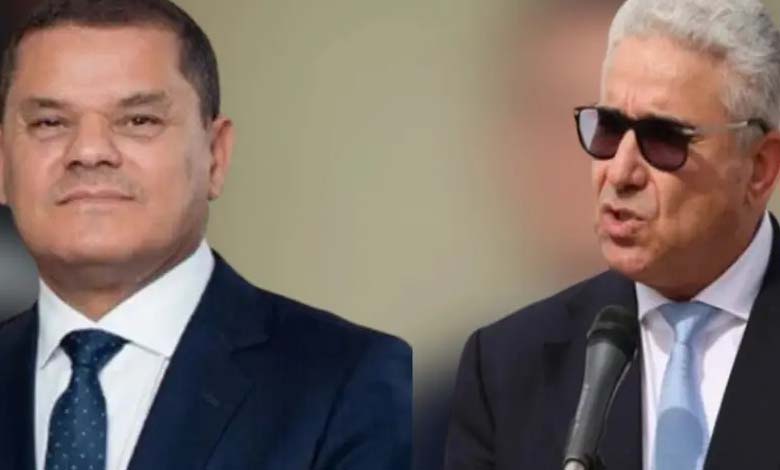
Turkish attempts to avoid a clash in Tripoli in mediation aimed at peaceful rotation of power fearing an escalation that could return the Libyan capital to square one.
Libyan sources close to former Libyan Prime Minister Abdul Hamid Dbeibeh and his current successor, Fathi Bashagha, revealed that Turkey was mediating to avoid a possible military escalation in Tripoli.
The sources said that the content of this mediation is the peaceful transfer of power and the handover of government headquarters. In return, Dbeibeh will not be prosecuted in any other legal or other cases.
Rejection and recruitment
However, Bashagha’s acceptance and rejection of Dbeibeh forced the latter to fear that his government would break up, to hold a meeting to urge his ministers to make their decisions boldly and courageously, and to begin mobilizing for military confrontation.
According to Libyan analysts, it is in Turkey’s interest today to support Libyan agreements, especially in light of the climate of calm surrounding the region, especially with the countries involved in the crisis, and to eliminate any chance of a new war.
In previous statements, Turkish President Recep Tayyip Erdogan had previously demonstrated Turkey’s neutrality regarding the power struggle between Bashagha and Dbeibeh, which was seen as Turkey’s retreat from supporting the previous unity government.
Guarantees
Libyan political analyst Kamel al-Marash said Dbeibeh’s rejection of the mediation, which means Ankara acknowledges the legitimacy of Prime Minister Fathi Bashagha and the end of the former’s term, prompted the latter to come out and speak openly to the people to reassure everyone that there is calm and peaceful surrender without clashes and violence.
Al-Marash added: “Without a doubt, Turkish influence over Dbeibeh will force him to hand over, otherwise the new prime minister will have to take appropriate measures to remove the rebels from government headquarters”.
“No one wants the option of war, but if it is imposed by Abdul Hamid Dbeibeh, he will be the one responsible for it”, he said, adding that the option should not be ruled out in order for the political process to continue until presidential and legislative elections are held as soon as possible.
Consolidating gains
Yusuf al-Farsi, a political science professor at Omar al-Mukhtar University in Libya, said Bashagha’s acceptance of Turkish mediation is aimed at ending the issue peacefully and not working with a parallel government.
Al-Farsi said that Dbeibeh chose the armed option by supporting various militias with Libyan funds in the past few days.
“The next conflict will not be easy for the country if there is a war between legitimacy and a government accused of financial corruption and forced labor”, he said.
Bashagha is now working to unify the country’s military and promote peace between east and west, he said, in contrast to a precedent that would not lead to reconciliation because of its proximity to militias that are hostile to the national army.
“It is now in Turkey’s interest to resolve the conflict between Bashagha and Dbeibeh and not to resort to war”, he said.



